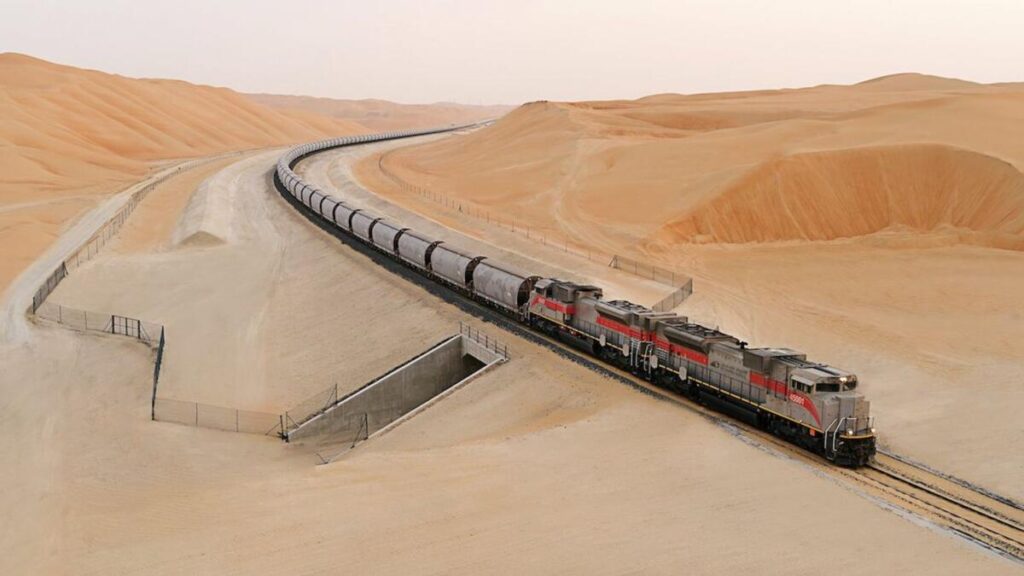In a move that signals growing international cooperation in renewable energy development, the United Arab Emirates’ Masdar and France’s EDF have signed a landmark agreement with Kyrgyzstan to explore the potential for hydropower projects in the Central Asian nation. This collaboration holds significant promise for boosting Kyrgyzstan’s clean energy capacity and contributing to regional energy security.
A Land Rich in Hydropower Potential
Kyrgyzstan, a mountainous country nestled between Kazakhstan and Tajikistan, boasts abundant water resources, particularly from the Tian Shan mountain range. This translates to immense potential for hydropower generation, a clean and renewable energy source with minimal environmental impact. However, Kyrgyzstan currently faces challenges in harnessing this potential due to limited infrastructure and technical expertise.
Masdar and EDF Bringing Expertise and Investment
Masdar, a leading clean energy company based in Abu Dhabi, brings extensive experience in developing and financing renewable energy projects across the globe. EDF, a French energy giant, boasts expertise in hydropower generation and grid management. This powerful partnership combines financial resources, technical know-how, and market access to unlock the potential of hydropower in Kyrgyzstan.
Exploring Up to 3.6 Gigawatts of Power
The agreement between Masdar, EDF, and the Kyrgyz government outlines the exploration of hydropower projects with a combined capacity of up to 3.6 gigawatts (GW). This is a significant amount of clean energy, enough to power millions of homes and businesses. The specific projects will be identified through feasibility studies and environmental impact assessments.
Benefits for Kyrgyzstan and Beyond
Developing hydropower in Kyrgyzstan offers numerous benefits:
- Increased Clean Energy Production: Hydropower will contribute to Kyrgyzstan’s energy independence, reducing reliance on fossil fuels and lowering greenhouse gas emissions.
- Economic Growth and Job Creation: The construction and operation of hydropower plants will generate jobs and stimulate the local economy.
- Regional Energy Security: Hydropower can contribute to a stable and reliable electricity supply across Central Asia, enhancing regional energy security.
Challenges and the Road Ahead
While the potential for hydropower in Kyrgyzstan is vast, there are also challenges to consider. Environmental concerns, such as the impact on water resources and ecosystems, need careful consideration and mitigation measures. Additionally, financing and grid integration are crucial aspects that require further exploration.
Despite these challenges, the collaboration between Masdar, EDF, and Kyrgyzstan marks a significant step forward in tapping the clean energy potential of Central Asia. By harnessing hydropower responsibly and sustainably, Kyrgyzstan can pave the way for a brighter future powered by clean energy, not only for itself but for the entire region.
Additional Points to Consider:
- The specific hydropower projects that will be explored are still under determination.
- The timeline for development and implementation of these projects is yet to be announced.
- Community engagement and addressing local concerns will be crucial for the success of these projects.
Overall, the exploration of hydropower in Kyrgyzstan represents a promising opportunity for clean energy development, regional cooperation, and sustainable progress. This collaboration between Masdar, EDF, and Kyrgyzstan is a testament to the growing global commitment to a greener future powered by renewable energy.




